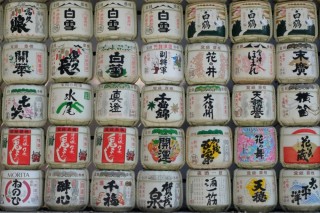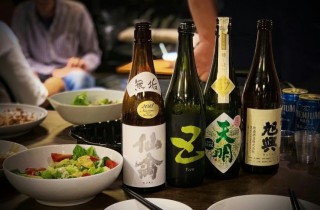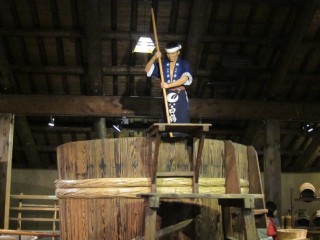Loading
Search
▼ Traditional Japanese Sake Brewing Earns UNESCO Recognition
- Category:Gourmet

JAPAN TRAVEL
Celebrating A 500-Year-Old Tradition Of Craftsmanship
Japan’s traditional sake brewing has been officially registered as an Intangible Cultural Heritage by UNESCO, highlighting the cultural and historical significance of sake, shochu, and awamori. This decision was reached unanimously at a UNESCO meeting held in Paraguay on December 5th, 2024.
Traditional sake brewing has a history spanning over 500 years and involves techniques like steaming rice, making koji mold, and fermenting mash. These methods are closely connected to Japan’s natural environment and regional climates and have been handed down through generations. Sake made with these techniques plays a significant role in Japanese ceremonies and festivals, highlighting its cultural importance.
The registration marks Japan’s 23rd intangible cultural heritage listing, joining entries such as washoku (traditional Japanese cuisine) and Noh theater. Ambassador Yudai Kano, Japan’s Permanent Representative to UNESCO, expressed hope that this recognition will help preserve traditional brewing techniques and inspire future generations to sustain this legacy.
Organizations like the Japan Sake and Shochu Makers Association welcomed the designation, emphasizing its potential to promote Japanese sake on a global scale.
While domestic consumption has declined—dropping from 1.675 million kiloliters in 1975 to 400,000 in 2022—export value has soared, reaching approximately 41.1 billion JPY in 2023. This has been primarily fueled by increasing international appreciation for sake as a perfect pairing with Japanese cuisine.
Regions like Nada Gogo in Hyogo Prefecture, renowned for its high-quality sake production, continue to preserve traditional methods while adapting to modern challenges including changing rice properties due to climate change. Efforts to train new generations of brewers are underway, with educational institutions like Tokyo University of Agriculture offering specialized programs. The recent UNESCO recognition not only celebrates Japan’s rich brewing heritage, but serves as an opportunity to expand sake’s global presence and safeguard its traditional roots for the future.
Learn More
Be sure to explore some of the articles below for sake and brewing-related travel spots and guides:
- Tama Brewery Tour (Tokyo area)
- Uonuma Koji Salon (Niigata): focused on koji mold also used to make amazake, a popular drink
- Sake Etiquette Guide
- December 9, 2024
- Comment (2)
- Trackback(0)
Comment(s) Write comment
order amoxil sale - <a href="https://combamoxi.com/">buy cheap generic amoxil</a> cost amoxil
-
zm913
- July 7, 2025





This is the compassionate of criticism I in fact appreciate. https://proisotrepl.com/product/clopidogrel/
Conniereugs Web Site- July 28, 2025